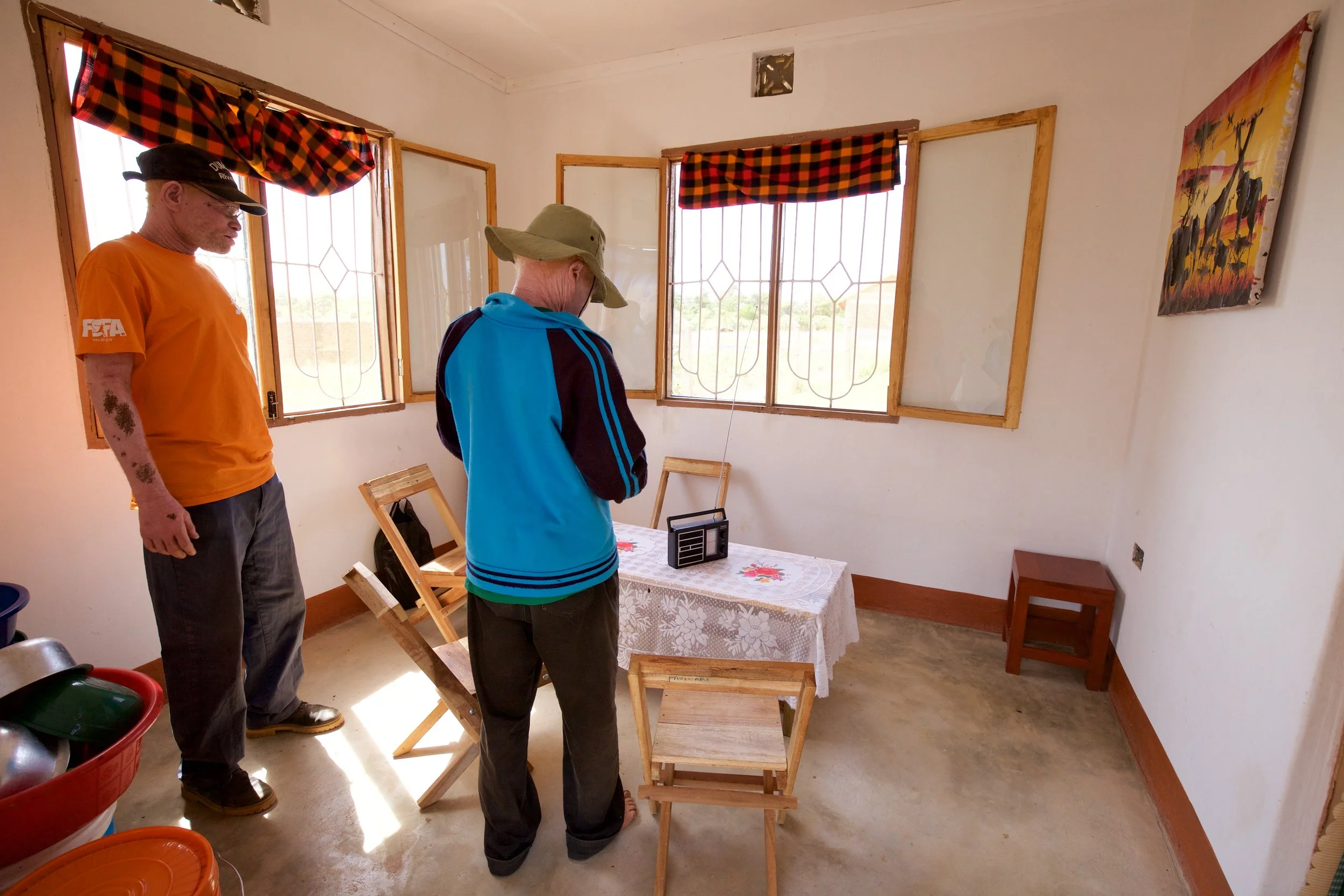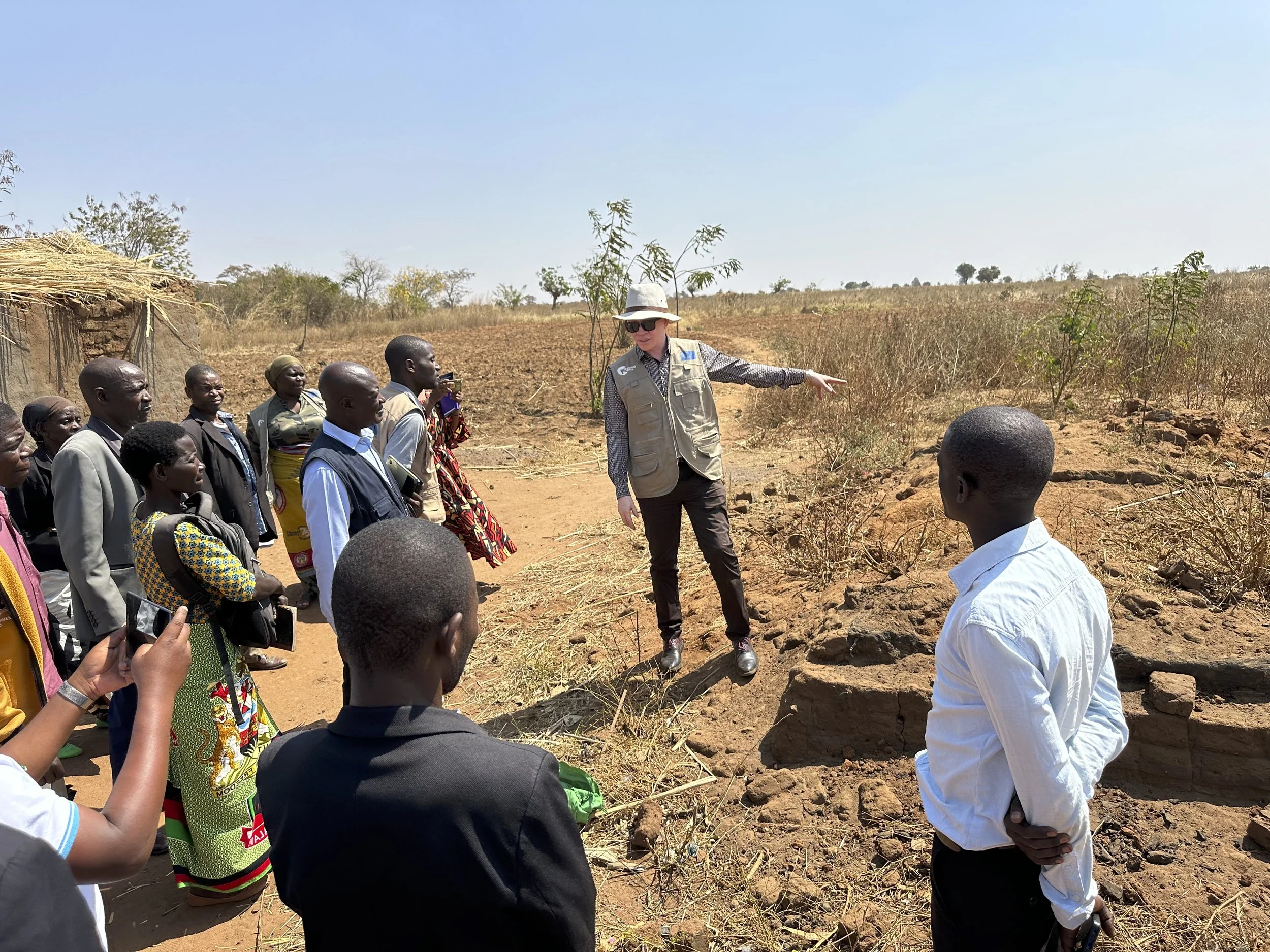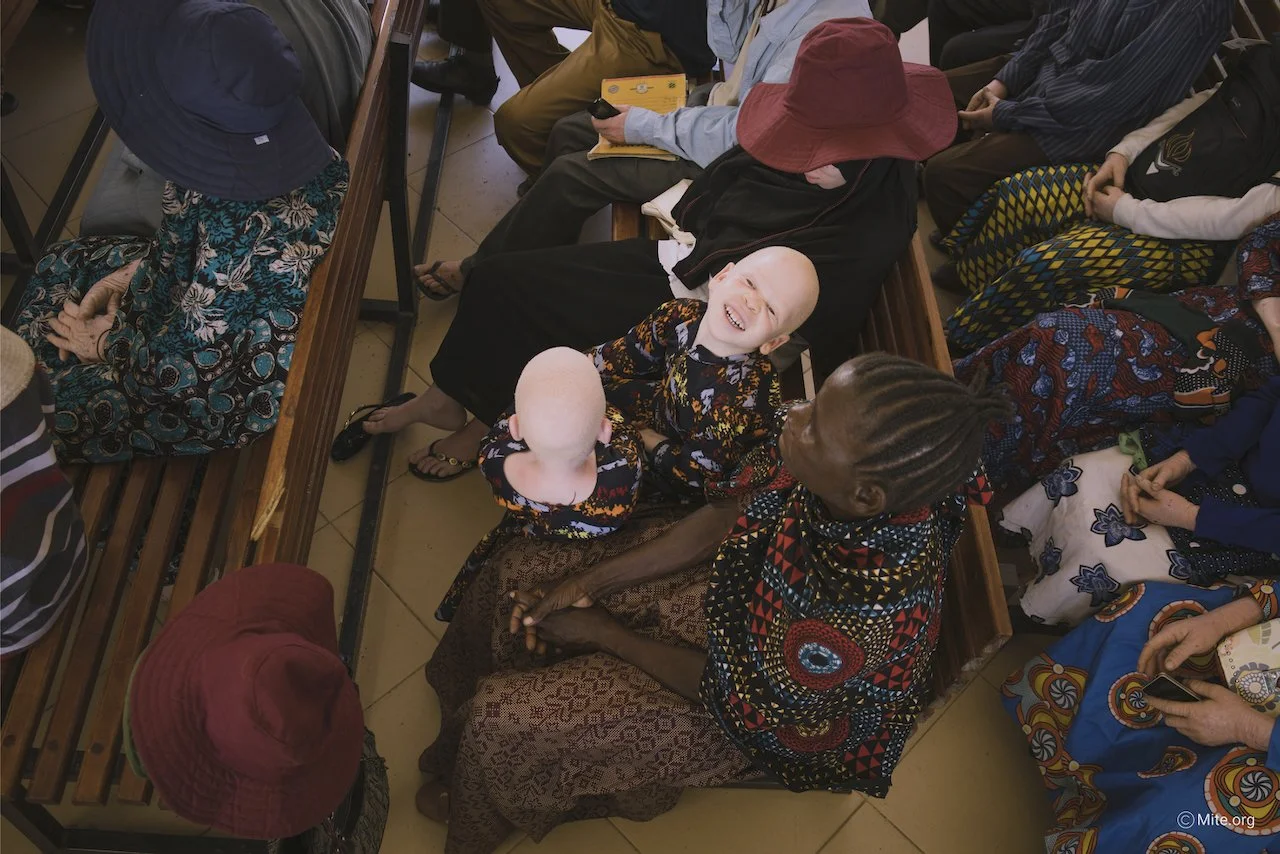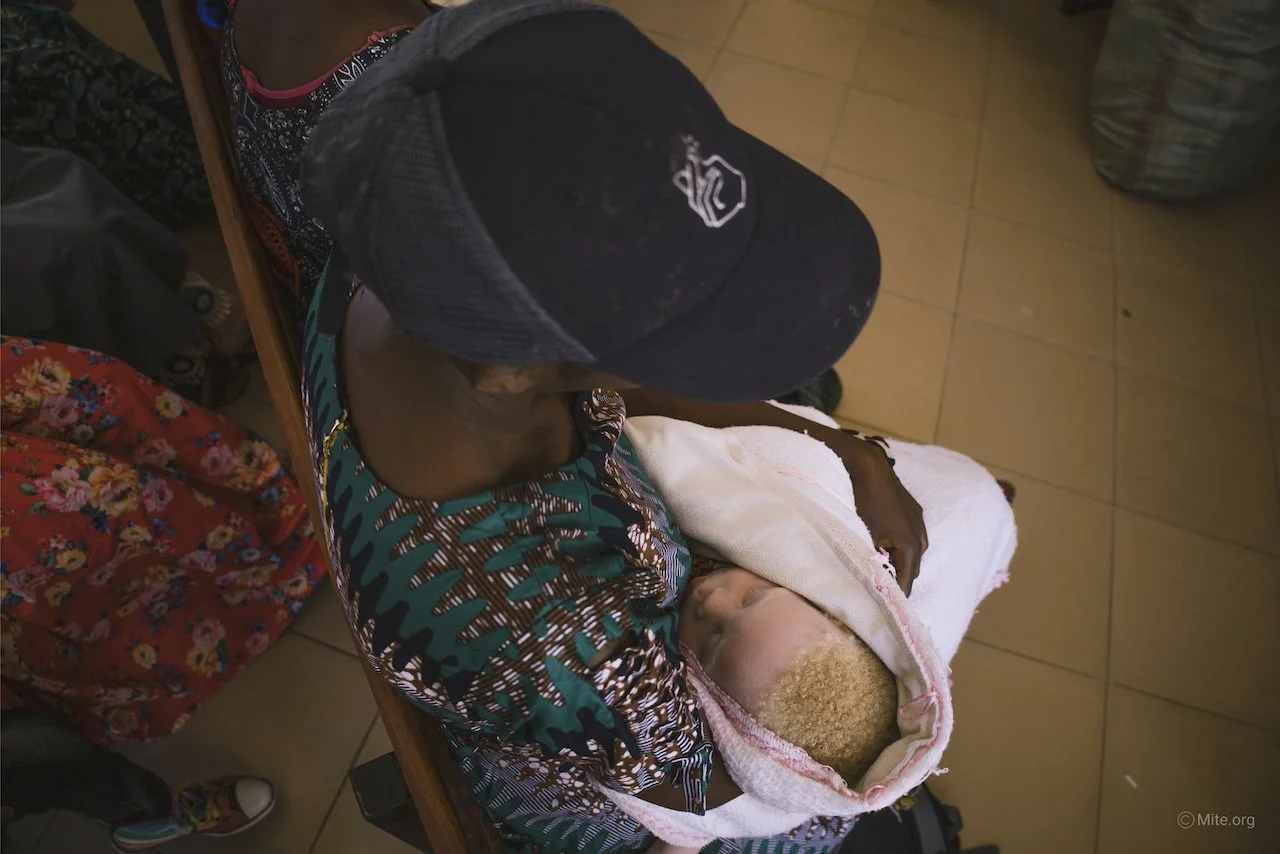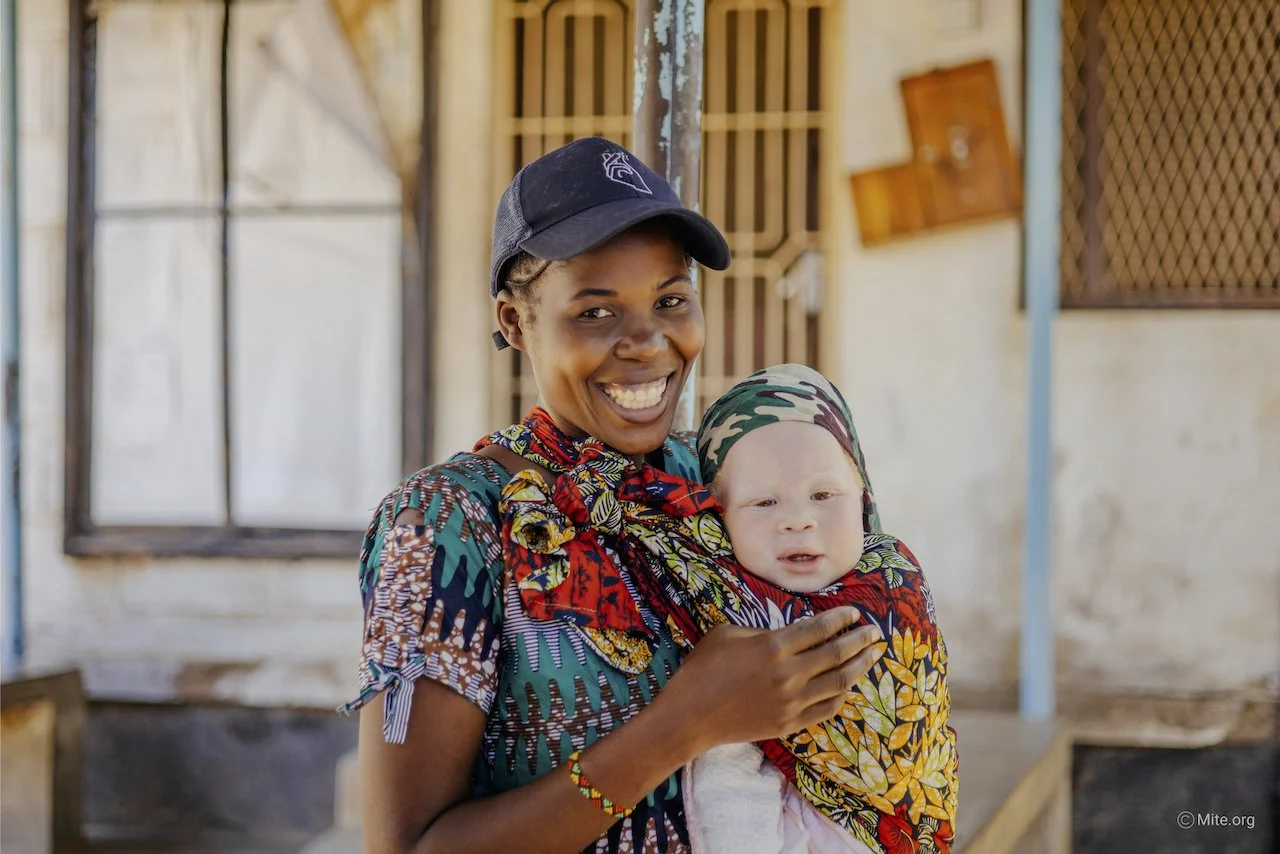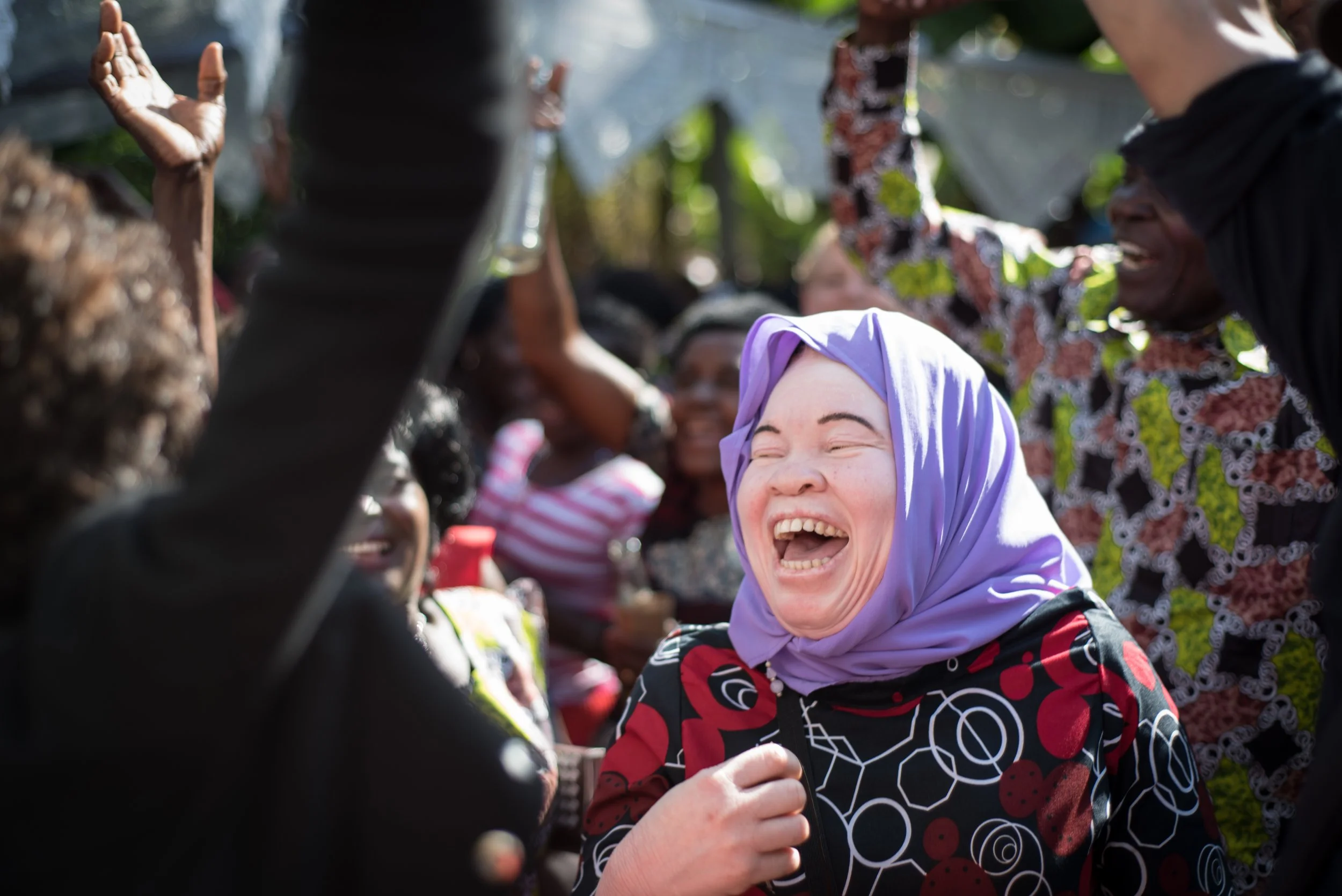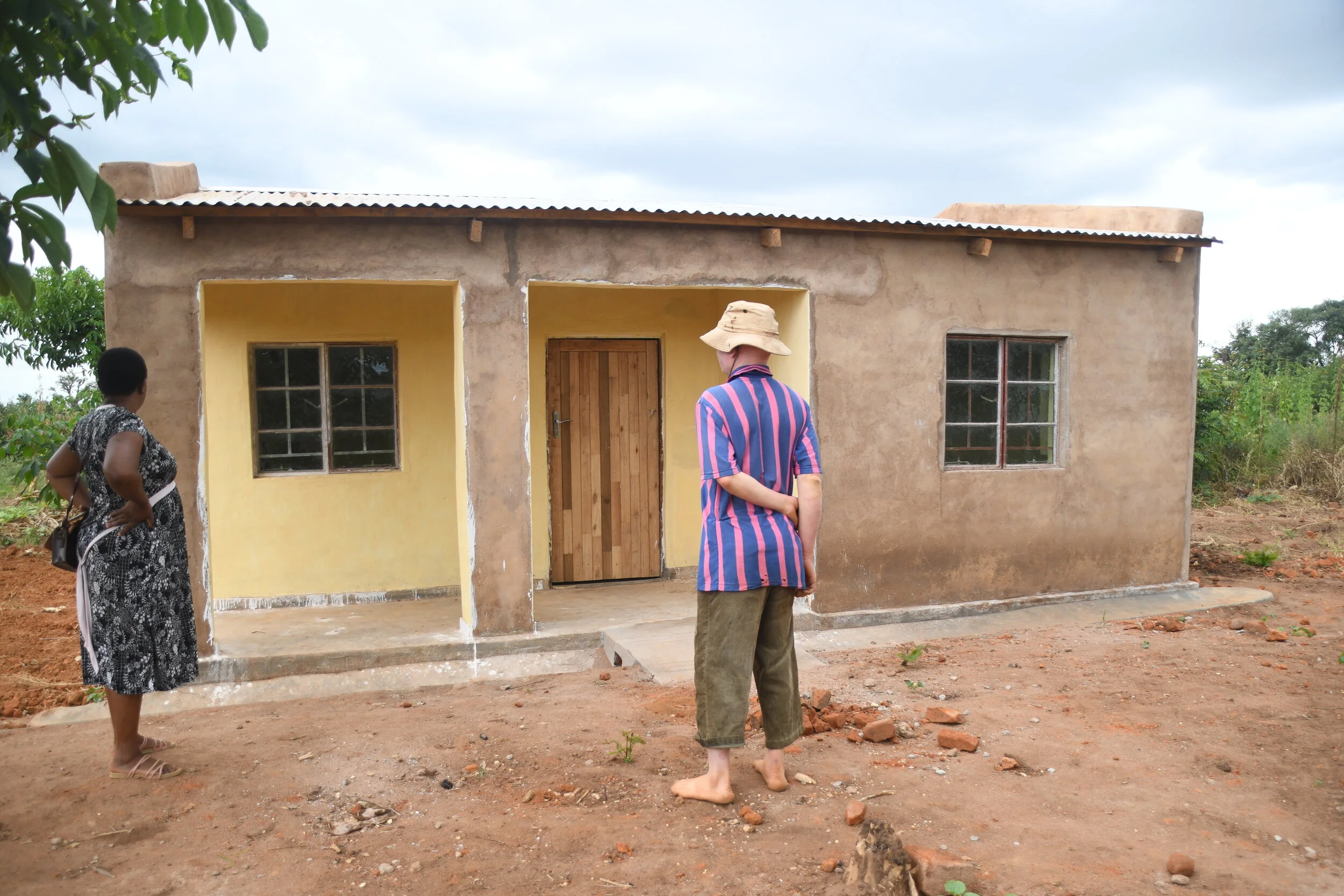WELFARE SUPPORT

Overview
People with albinism are a violently persecuted minority in many African countries. Stigmatised for their unique appearance, people with albinism are denied opportunities, excluded from services and subjected to damaging myths and misconceptions. In the worst cases, people with albinism are abducted, mutilated and murdered: all because of the colour of their skin. Tanzania and Malawi have been the continental epicentres of these atrocities, with hundreds of human rights violations against people with albinism reported since 2006. Children, who are comparatively easy to abduct, and whose ‘innocence’ is thought to increase the potency of witchcraft, comprise the majority of victims.
Standing Voice works to restore the dignity and safety of people with albinism and bring a permanent end to these heinous atrocities. Over fifteen years, our team has honed a series of interventions to protect and empower people with albinism and their families, rehabilitating and reintegrating survivors and advocating for systemic change to prevent further discrimination and violence.
First Response Team
Operating throughout Tanzania and Malawi, our First Response Teams works on the front line to identify, intercept and rectify cases of abuse or discrimination against people with albinism and their families. Comprising trauma and welfare specialists and individuals with lived experience of albinism-related stigma, the team is a lifeline for the most vulnerable individuals supported by Standing Voice.
Its key interventions include:
-
Standing Voice operates two toll-free helplines, enabling people with albinism and their families to report incidents of abuse and share any concerns about their health, welfare or security. Separate helpline team’s in Tanzania and Malawi assess callers’ needs and determine the appropriate course of action, such as over-the-phone counselling, tailored support plans, referral to a specialist partner, or alerting of law enforcement in cases where an imminent threat is identified.
-
The First Response Team operates a clinic based peer-to-peer counselling service at throughout Tanzania and Malawi. This service, which takes place in conjunction with a network of dermatology clinics, provides a safe and confidential space for people to speak freely about their needs and concerns, process trauma, build confidence and access referral for specialist services where required.
-
For the most at-risk, ur team works in partnership with the United Nations Voluntary Fund For Victims of Torture to provide a complex package of tailored material support. This can include safe housing and home security measures, livelihood support, medical or school supplies, facilitation of trauma recovery or family reconciliation, and direct advocacy interventions in situations of risk, conflict or exclusion. The team travels across Tanzania and Malawi to conduct home visits to vulnerable individuals, monitoring any evolution in their needs and ensuring their continued access to necessary support.
-
When a person with albinism is threatened, abducted, attacked or killed, our team works closely with the association of persons with albinism and travels to the site of the incident to support victims and assist law enforcement in the swift investigation and prosecution of cases. Atrocities against people with albinism have often been perpetrated by family members, leaving survivors traumatised and in shock. The First Response Team plays a vital role in monitoring the needs of these individuals and their families and ensuring emergency access to secure housing, counselling and medical care are available.
-
During dermatology clinics information and training on human rights is delivered to thousands of people with albinism, their families and caregivers across Tanzania and Malawi. This includes delivery of educational seminars and distribution of resources to build understanding of albinism and human rights and raise awareness of best practices for protecting and empowering families impacted by albinism.
In Focus: Womens' Albinism Action Group
Women with albinism and mothers of children with albinism face intersectional discrimination and are often uniquely vulnerable to poverty and violence. In Tanzania and Malawi, the myth that intercourse with a woman with albinism can cure infertility and AIDS places this population at disproportionate risk of sexual violence and contraction of HIV. Mothers of babies with albinism are often blamed when a baby with albinism is born, abandoned by their husbands and families and left with sole responsibility for the health, education and physical and economic security of their child. The abandonment of many mothers by their partners also restricts the ability of these women to participate in income-generating activities, further jeopardising the health and security of both mother and child.
Formed in 2015 at the Umoja Training Centre in Tanzania, the Women’s Albinism Action Group (TWAAG) is a registered community-based organisation led by and for mothers impacted by albinism. The group began as an informal collective, meeting to share their experiences and reflect on their challenges as women impacted by albinism. Over time, these gatherings built strong bonds of solidarity and trust, evolving into a structured network that now meets regularly to offer peer and emergency support to mothers, conduct community outreach, and train healthcare providers and traditional birth attendants.
The group’s core mission is to support and counsel new mothers of babies with albinism, particularly during critical moments where risk of abandonment or misinformation is high. Members travel to communities where stigma remains strong, raising awareness about albinism and promoting the safety, dignity, and inclusion of families impacted by albinism. TWAAG run a dedicated helpline for mothers on Ukerewe Island, work with Standing Voice to offer peer counselling and safe spaces at dermatology clinics in hospitals across Tanzania, and engage in outreach to connect with other mothers, families and community groups. In addition, they lead formal training sessions for a wide range of stakeholders to ensure greater understanding and more inclusive practices within healthcare and community settings.
“We want to bring hope to the hearts of our fellow mothers. We want them to know that their children are just like any other child, with ability, passion and dreams for the future”
— TWAAG Chairperson: Mama Avelina Vedastus

With thanks to our funders










